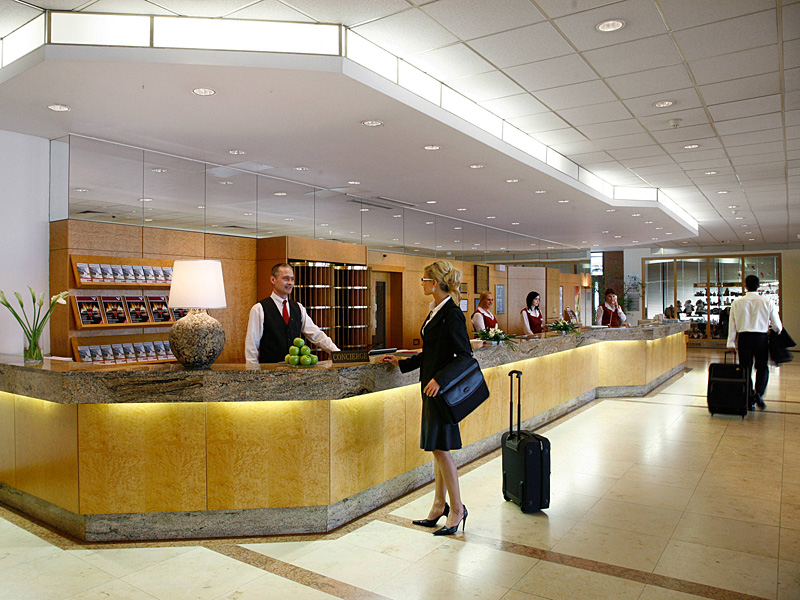From a hospitality point-of-view, vaping presents a unique challenge. Most major hotel chain policies regarding the use of tobacco products by guests were written prior to e-cigarettes becoming a cultural phenomenon.
While hotels have classified rooms as smoking and no-smoking for decades, leading hotel chains have recently gone one step further and outright banned smoking from their locations. Given the fact so many states and cities have placed bans on smoking anywhere other than at home, these policies were inevitable if not ingenious for their public relations potential. That being said, these policies seemed to overlook one potential loophole looming over the horizon: the e-cigarette.
For those who are unfamiliar, e-cigarettes are electronic devices which allow the user to inhale vapor. This vapor is created when the device – referred to as a vape pen – heats a substance known as e liquid to a temperature which is hot enough to create a gas containing nicotine but not hot enough to burn the substance and create smoke. The result is an experience which mimics that of smoking a cigarette but which does not produce the harmful toxins and carcinogens found in tobacco smoke.
From a public health point-of-view, the popularity of e-cig technology is a potential game changer in the battle against smoking. While many countries are seeing decreased rates of smoking, the global number of smokers tops out at over one billion people. Vaping – while not without its own potential health concerns – is better than smoking, which is irrefutably harmful to anyone within range of inhaling its toxic fumes.
From a hospitality point-of-view, vaping presents a unique challenge. Most major hotel chain policies regarding the use of tobacco products by guests were written prior to e-cigarettes becoming a cultural phenomenon. For instance, the Marriott smoke-free hotel policy makes no mention of electronic cigarettes or vaping. Does this mean guests are able to vape in situations where smokers would be charged a fee?
Assuming a specific hotel is able to institute a no-vape policy, such a regulation would be almost impossible to enforce. The reason being, unlike smoking, which has the potential to set off smoke detectors as well as leave a lingering smell the housekeepers are trained to detect, vaping will not set off smoke alarms except for rare circumstances and it does not leave a lingering smell.
Given these factors regarding vape – that it does not create toxic fumes nor does it leave a residual smell in rooms – you may be thinking there is no reason for hotel management to care whether someone vapes in their room or not – but the reality is a bit more complex. We refer back to the fact that the jury is still out as to whether or not there are any long-term consequences of being exposed to vapor produced by e-cigs. While there is also no evidence to indicate it is harmful, the unknown means there is the potential, however remote, of liability on the parts of those who allow or enable exposure to happen when it could have been prevented.
For now, most hotels and major hotel chains continue to have a laid back approach to guests who choose to vape. Only until the majority of their customers begin to raise a fuss about the issue – an event which may never happen – managers and executives in the hospitality industry will likely look the other way regarding the use of e-cigarettes by guests.
























































































































































































